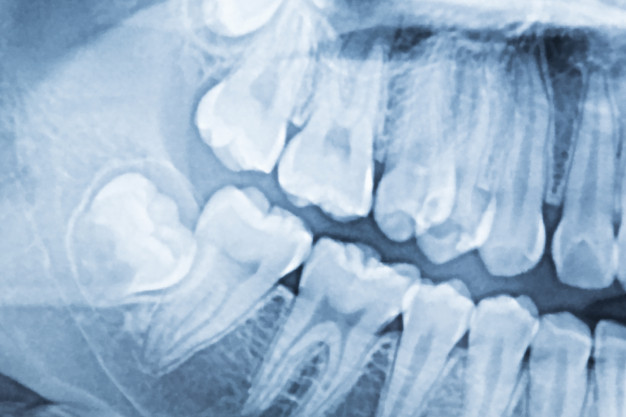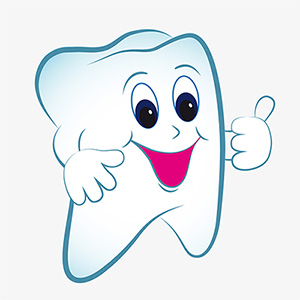Dental X-rays capture images of the interior of your teeth and gums. Dentists use them to evaluate overall dental health and identify issues like, tooth decay, cavities, and impacted teeth. Taking X-rays are a common procedure during regular dental checkups.
Types of Dental X-rays
There are different types of dental X-rays that capture different images of your mouth. The most common X-rays include:
- Periapical X-rays: These capture the whole tooth, including everything from the crown to the root. Each X-ray shows a small section of your lower or upper teeth. They can detect changes in bone structure or roots.
- Bitewing X-rays: These capture the visible part of your lower or upper teeth including a portion of the roots and jawbone. Dentists use these to detect decay, particularly between teeth, and identify signs of gum disease.
- Panoramic X-rays: Similar to panoramic photos, these capture images of the entire mouth in one image. Dentists often use these to map out dental implants and monitor wisdom teeth.
- Occlusal X-rays: These are most often used by pediatric dentists and help track the development of an entire arch of teeth. They capture how the lower and upper teeth align.


Did you know?
When do you get dental X-rays?
Dental X-rays are usually performed yearly, but your dentist may order them more frequently to track a dental problem or treatment more closely. Some factors that may also affect the frequency of X-rays include:
- Age
- History of tooth decay or gum disease
- Current oral health
- Symptoms of oral disease
Sometimes children need X-rays more often than adults so their dentist can monitor the growth of their adult teeth. X-rays can help identify complications from developing adult teeth. Sometimes further issues may be avoided by pulling the baby teeth to make room for the adult teeth.
How long do dental X-rays take?
Taking and examining dental X-rays is a relatively quick process. It takes only a few minutes to capture the images and most X-rays are digital, so they don’t need extra time for development. Your dentist will be able to review the X-rays rather quickly. They will discuss any issues they see with cavities, tooth decay or other problem areas.
